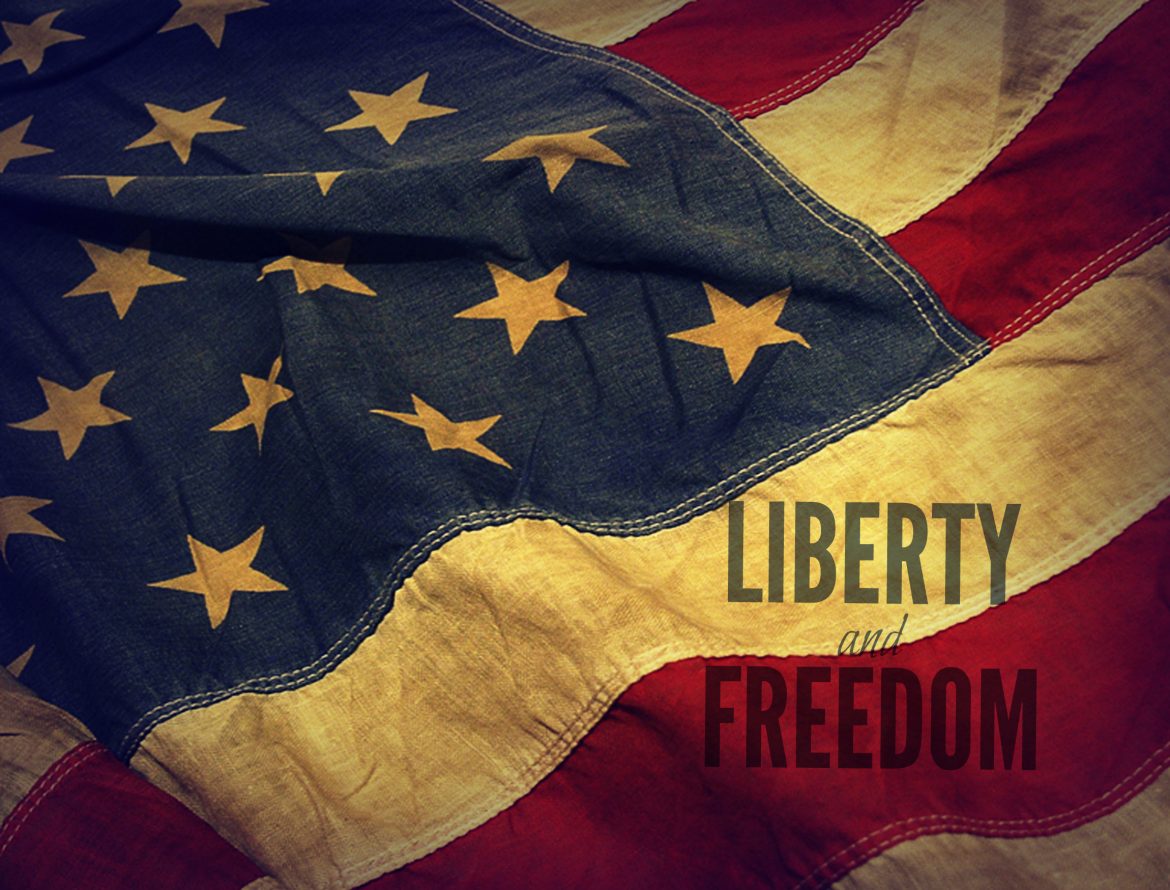President Trump refers to the Wuhan Virus as the “enemy” and describes himself as a “wartime President.” While battling this silent enemy is critical to the survival of our nation, it may come at a significant cost to our civil liberties, if we are not careful. What will become of our freedom?
As Professor Geoffrey Stone of the University of Chicago Law School has noted, “An important lesson of American history is that the United States tends to restrict civil liberties excessively in time of war. In some sense, this is understandable, because war breeds fear and fear breeds repression.”
Throughout American history there are numerous examples of our government’s abuse of power during times of national crisis. The Alien and Sedition Acts of 1798 were adopted during our undeclared war with France. While the Civil War raged, Lincoln suspended the writ of habeas corpus, under which thousands of citizens were imprisoned without due process. President Roosevelt’s forcible internment of 120,000 Americans of Japanese descent during World War II marks one of the darkest moments in our nation’s history.
If the executive branch justifies the restriction of civil liberties based on a wartime rationale, the judicial branch cannot be trusted to serve as a check on the president’s power. The Supreme Court consistently upheld convictions, under the Espionage Act of 1917, of citizens who opposed World War I. Similarly, two years after Pearl Harbor, the Supreme Court affirmed the internment of Japanese Americans.
Governors and local officials across the nation have seized upon the current wartime mentality to issue orders regulating everyday life, without the legitimacy of the legislative process. These include seemingly arbitrary decisions allowing retail liquor and marijuana stores to remain open, while closing houses of worship. Michigan’s Governor Whitmer is now the poster child for excessive use of executive authority. By allowing retailers to sell food and cleaning supplies – but not paint or seeds – in stores that are open, she is dictating what products are acceptable for purchase by the public. The police in Elizabeth, New Jersey are using drones to hound citizens in public spaces about maintaining social distancing.
In today’s climate of fearmongering, Big Tech firms are now restricting our freedoms of speech and assembly. Two emergency care doctors in Bakersfield, California recorded a lengthy video on YouTube. They shared their professional experience administering thousands of COVID-19 tests to local citizens, and they raised doubts about the wisdom of a statewide lockdown. Despite having over 5 million views, YouTube removed their video after determining the doctors’ opinions were contrary to those of the World Health Organization (WHO).
A year after 9/11, The New York Times – which initially supported President Bush’s actions following the attacks on our homeland – issued an editorial criticizing his assertion of power. It’s a useful reminder for today: “Every time the country has felt threatened and tightened the screws, it later wished it had not done so. In each case…profound regrets set in later.”
Will America resist the curtailment of our freedoms of speech, privacy, assembly, and other civil liberties – or will we move toward even greater surveillance and control by the government? In a recent issue of The Atlantic, authors Jack Goldsmith and Andrew Keane Woods contend: “In the debate over freedom versus control of the global network, China was largely correct, and the U.S. was wrong.” If this view is widely accepted, then America could be on the cusp of forever rejecting its founding ideals. Remember, freedom is never free.

